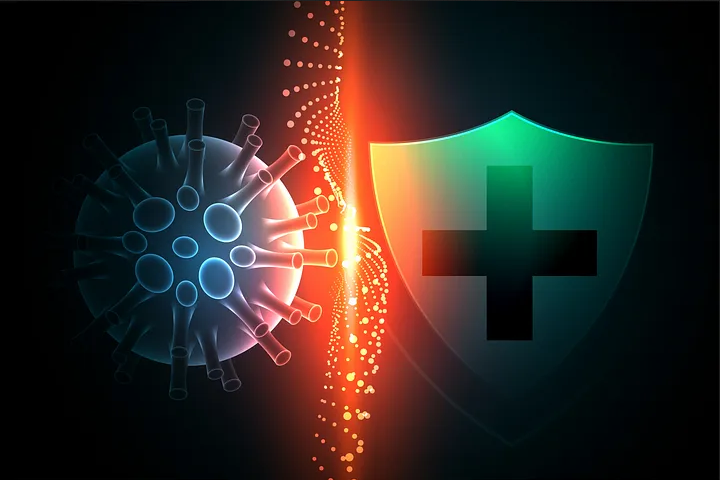
B cells are one of the key players in the immune system, yet they are a double-edged sword. When properly controlled, these B cells protect against pathogens (disease-causing agents), such as the virus that causes swine flu (H1N1) or COVID-19. But when poorly regulated, these B cells can cause diseases like autoimmunity, such as Systemic Lupus Erythematosus (SLE).
B cells produce antibodies. These antibodies, unique to each B cell, identify and attach to the pathogens, obstructing their ability to infect and marking them for destruction. Typically, to prevent harm to healthy tissues, B cells are trained to recognize and tolerate the body’s own components.
In SLE, this critical process goes awry; the B cells lose sight of what they should target and what should be spared. Consequently, they latch onto anything they can, including the host proteins. When this happens on a large scale, it can cause symptoms like fever, fatigue, joint pain, skin rashes (like malar or butterfly rash), and kidney problems. SLE flares are times when the symptoms are worse.
Now, where do those destructive B cells come from? And how did they contribute to SLE flares?
With these questions in mind, Tipton and colleagues, researchers from Emory University, studied the B cells of SLE patients experiencing disease flares. Using advanced technologies, they identify the sequence that makes up each B cell’s antibodies and compare them to those in healthy individuals who received influenza (flu) virus or tetanus toxoid vaccine.
Their findings, published in the prestigious journal Nature in 2015, were titled “Diversity, cellular origin and autoreactivity of antibody-secreting cell expansions in acute Systemic Lupus Erythematosus.”
The Similarities
In the 2015 study, the researchers observed a remarkable up to 40-fold increase in circulating B cells in SLE blood samples. This indicates a substantial proliferation of these cells. Likewise, similar findings were seen in healthy controls who received vaccines, suggesting a…